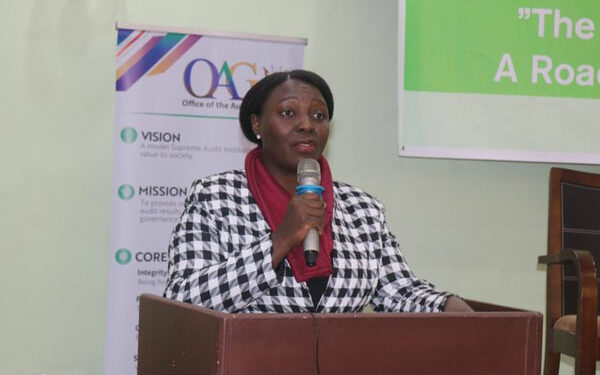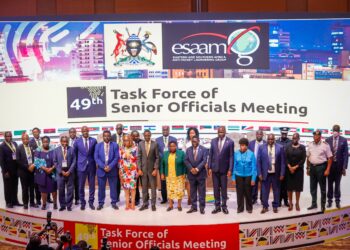In a bid to bolster its oil reserves, Uganda’s Ministry of Energy has commenced the third oil field licensing round, aiming to tap into the vast potential of the Albertine Graben.
With approximately 6.5 billion barrels of oil reserves in the country, of which 1.4 billion are economically recoverable, the push for further exploration is part of Uganda’s strategy for economic growth.
Irene Bateebe, the Energy Ministry’s Permanent Secretary, confirmed the earmarking of several areas in the Albertine Graben for exploration in the upcoming bidding process. The Cabinet’s approval of Environment, Social Impact Assessments (ESIAs) for these areas underlines the government’s commitment to responsible exploration.
Bateebe revealed that Minister of Energy Ruth Nankabiwa is tasked with presenting these reports to parliament for consideration before announcing the new exploration areas. The goal is to unveil the third licensing round by the middle of the year, pending the conclusion of consultations.
“So our target is that by mid of this year, we should be able to announce our third licensing round, once we have those consultations concluded,” said Bateebe.
This development follows the signing of Production Sharing Agreements (PSAs) and granting of Exploration licenses in February 2023. The second competitive bidding process, initiated in 2019, faced disruptions due to the COVID-19 pandemic but concluded with the Kasuruban and Turaco areas awarded to Uganda National Oil Company and DGR Energy Turaco Uganda SMC Limited, respectively.
However, three blocks from the second licensing round, namely Ngaji, Avivi, and Omuka, reverted to the government as they attracted limited interest from bidding companies.
Notably, environmental activists in Uganda and the Democratic Republic of the Congo have opposed oil exploration in the Ngaji block, citing its proximity to the Virunga National Park, home to critically endangered mountain gorillas.
Despite global debates on transitioning from fossil fuels, Uganda remains steadfast in its pursuit of oil and gas resources, emphasizing their role in sustaining petroleum production, bolstering reserves, and supporting midstream projects like the refinery and the East African Crude Oil Pipeline (EACOP).
Oranto Petroleum from Nigeria and Armour Energy from Australia, selected in the first competitive bidding round, are yet to drill any wells.
Oranto’s license was extended, while there were reports of Armour Energy being in receivership. Minister Nankabirwa assured that both companies are progressing with seismic data activities, and exploration drilling is anticipated this year.
Additionally, the Ministry of Energy has conducted preliminary studies in the Moroto-Kadam Basin, revealing potential for commercial oil and gas.
Similar studies are planned for the Kyoga and Hoima Basins. Meanwhile, TotalEnergies and China National Offshore Oil Corporation (CNOOC) have already drilled wells in the Tilenga and Kingfisher areas, with production expected by 2025.
As Uganda navigates its oil exploration journey, balancing economic benefits with environmental concerns and global shifts in energy paradigms remains a critical challenge for the nation.
Do you have a story in your community or an opinion to share with us: Email us at editorial@watchdoguganda.com













